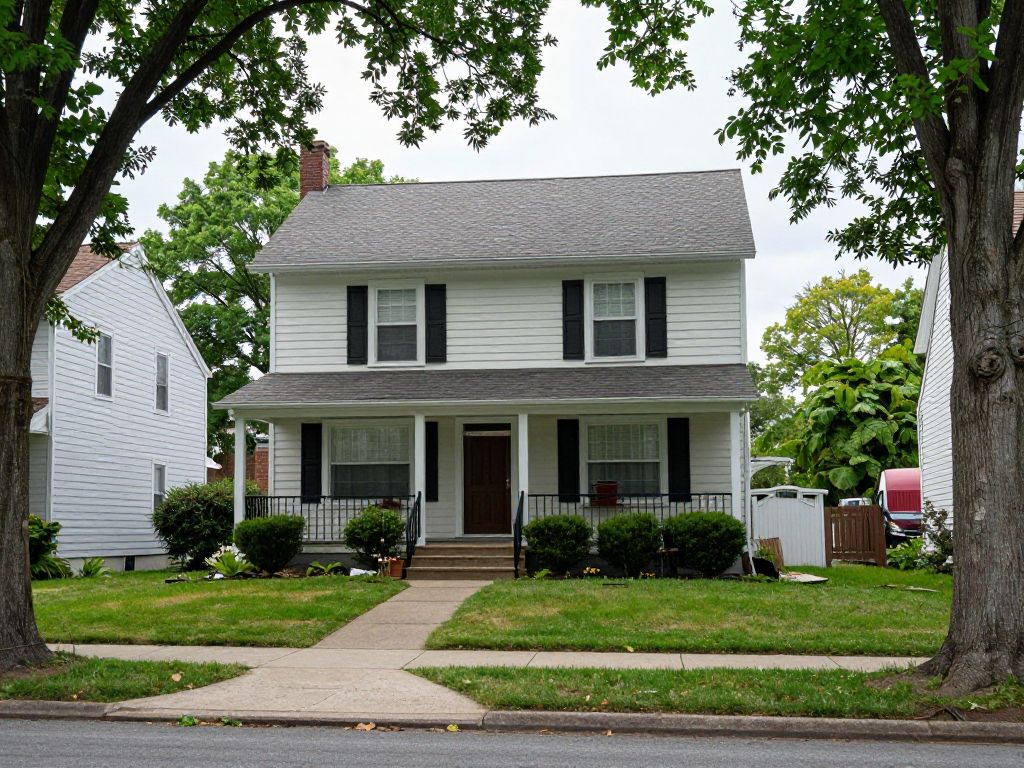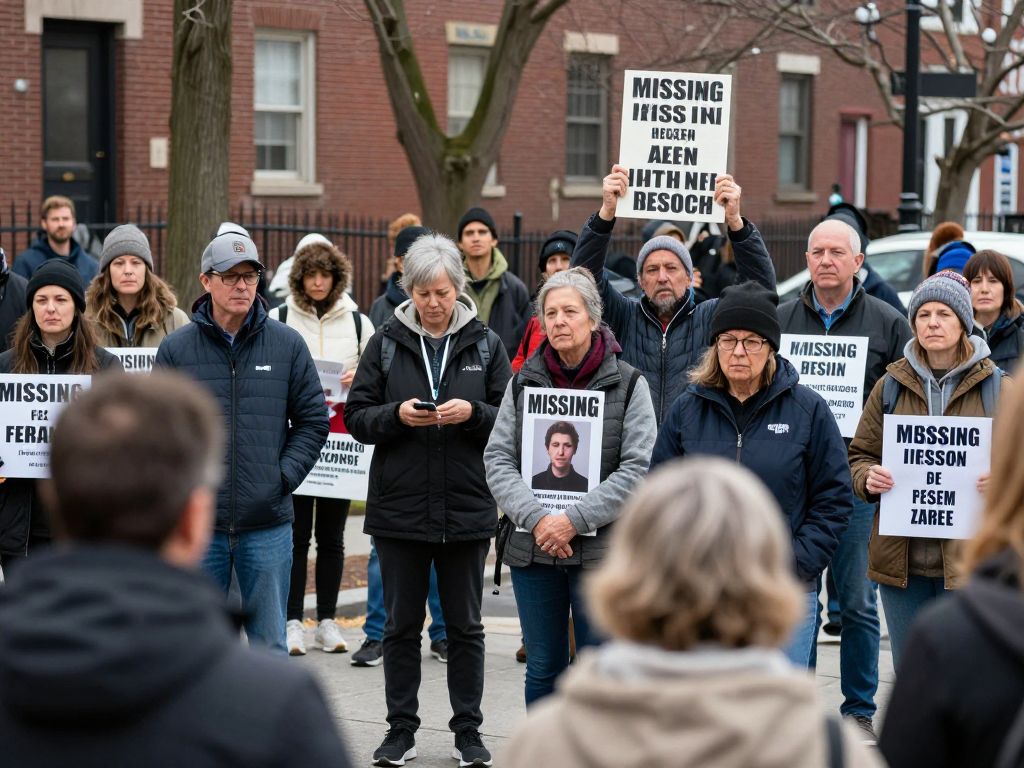News Summary
The Boston School Committee is re-evaluating its exam school admissions policy due to community feedback and concerns about equity. Various proposals have been suggested to develop a more transparent admissions process. The ongoing debates highlight disparities and the need for modifications, as stakeholders express varied opinions on the implications of potential changes. The review aims to foster trust in the admissions system and ensure fair access for all students moving forward.
Boston Reviews Exam School Admissions Policy Amid Equity Concerns
The Boston School Committee is re-evaluating its controversial exam school admissions policy due to ongoing community debates and feedback. This review aims to develop a more equitable and transparent admissions process that benefits all students, according to Superintendent Mary Skipper.
The current admissions policy has experienced annual changes over the past five years, directly impacting students seeking entrance to Boston Latin Academy, Boston Latin School, and the O’Bryant School. Under the existing policy, admissions seats are divided evenly among four socio-economic tiers based on neighborhood demographics. The system awards students additional points for various factors, including attending schools with a high proportion (over 40%) of economically disadvantaged students, experiencing homelessness, or being in the care of the Department of Children and Families (DCF).
Proposals for Change
In response to the community’s concerns, three potential proposals have been put forth to modify the admissions policy:
- First Proposal: This aims to eliminate school-based extra points and possibly adjust or remove specific housing-based points.
- Second Proposal: This would change how socioeconomic tiers are handled, allocating seats based on the number of applicants within each tier instead of the overall number of children belonging to those tiers.
- Third Proposal: This introduces a “citywide round” that allows students with the highest composite scores to compete for 20% of the available seats irrespective of their socioeconomic tier.
The objective of the Superintendent is to establish a stable admissions policy that remains consistent for at least three years, to foster trust in the system.
Community Feedback
A recent public comment period drew hundreds of responses from students and families within the Boston Public Schools (BPS). Several themes emerged, indicating strong feelings about the proposed changes. Critics of the first proposal expressed concerns that it might diminish the importance of merit in admissions decisions, while supporters deemed it necessary to address historical educational inequities. The second proposal received backing as a means to correct discrepancies in minimum composite scores across different socioeconomic tiers; however, some argued that it could complicate admissions and diminish geographic representation.
The third proposal faced criticism for potentially favoring students from higher socioeconomic backgrounds while some argued it might provide deserving high-achieving students access regardless of their tier. Former Exam School Admissions Task Force member Roseanne Tung framed the discussion around the risk that all three proposals could inadvertently reduce invitations for underrepresented groups.
BPS parent Peter Alvarez, also a Madison Park alum, supported the third proposal, stating it could enhance equity by allowing high-scoring students to gain admission based on their merit.
School Committee Considerations
During recent discussions, school committee members, including newcomer Rachel Skerritt, raised questions about the potential implications of the proposals, emphasizing the importance of maintaining equitable access within the admissions framework. Simulated data from previous meetings were provided to illustrate the possible consequences of each proposed policy change.
The next session of the School Committee is scheduled for September 25, where members will delve deeper into these discussions.
Admissions Trends
Amid these ongoing debates, a report revealed a 16% decline in non-BPS applicants since the current admissions policy was implemented, highlighting a growing perception of unfairness in admissions chances based on school or neighborhood affiliation. Mayor Michelle Wu underscored that the admissions policy seeks to ensure greater representation within Boston’s esteemed exam schools, affirming the necessity of community feedback in shaping future amendments. This review follows legal challenges that have claimed discrimination against select demographic groups under the current admissions structure.
Deeper Dive: News & Info About This Topic
HERE Resources
Massachusetts Private Schools Increase Tuition Amid Demand Surge
Boston Latin School Ranked Best High School in Massachusetts
Boston City Councilor Expresses Frustration Over Cancelled Hearing on CORI Policy
Boston Faces Sharp Decline in Housing Construction
Boston Embraces AI Innovations and Cultural Celebrations
Boston School Committee Seeks Revisions in Exam School Admissions
Boston Public Schools Weighs Changes to Exam School Admissions
Boston City Council Questions Museum Tax Exemptions
Additional Resources
- Boston Herald: Exam School Admissions Debate
- Boston Globe: Boston Exam School Admissions
- DotNews: Exam School Review Sets Stage for Admission Tweaks
- The Hill: Supreme Court on Boston School Admissions
- Boston Herald: Exam School Admissions Under Microscope
- Wikipedia: School Admissions in the United States
- Google Search: Exam School Admissions Boston
Author: STAFF HERE BOSTON WRITER
The BOSTON STAFF WRITER represents the experienced team at HEREBoston.com, your go-to source for actionable local news and information in Boston, Suffolk County, and beyond. Specializing in "news you can use," we cover essential topics like product reviews for personal and business needs, local business directories, politics, real estate trends, neighborhood insights, and state news affecting the area—with deep expertise drawn from years of dedicated reporting and strong community input, including local press releases and business updates. We deliver top reporting on high-value events such as Boston Marathon, Head of the Charles Regatta, and Boston Harborfest. Our coverage extends to key organizations like the Greater Boston Chamber of Commerce and Associated Industries of Massachusetts, plus leading businesses in finance, biotech, and insurance that power the local economy such as Fidelity Investments, Biogen, and Liberty Mutual Insurance. As part of the broader HERE network, we provide comprehensive, credible insights into Massachusetts's dynamic landscape.





